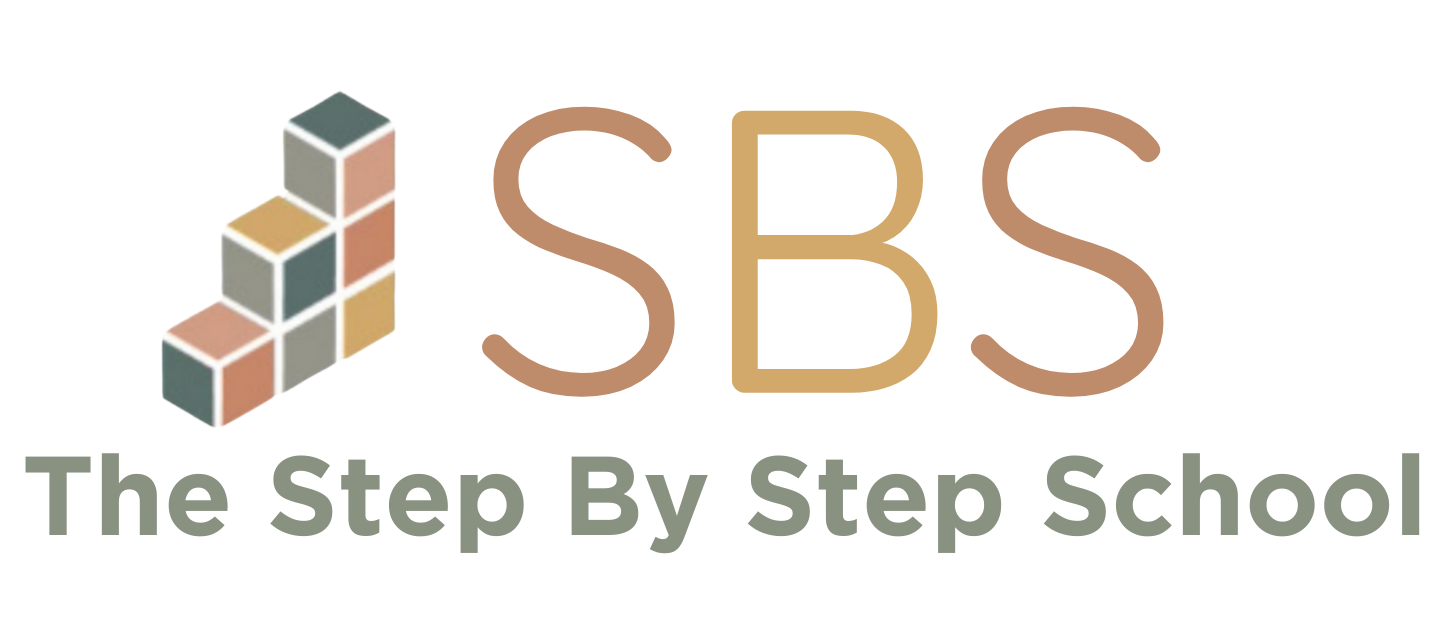Preschool is more than just a place where children learn their ABCs. It lays the foundation for lifelong skills—social, emotional, cognitive, and physical. Whether you’re a parent in Hudson, Monroe, or anywhere nearby, understanding the impact of preschool can help you make an informed decision for your child’s early years.
At its core, preschool provides a safe and nurturing environment where young learners begin their journey toward independence and discovery. But what are the real benefits—and why do experts strongly recommend enrolling in a quality preschool program?
Let’s explore the top ways preschool supports early childhood development and sets the stage for future success.
1. Preschool Supports Social and Emotional Growth
Young children thrive in environments where they can interact with others their age. Preschool encourages sharing, cooperation, and turn-taking—essential skills for future classroom and life situations. Through group activities, children learn empathy and the value of community.
In our Hudson and Monroe locations, preschool students build strong friendships through structured play, storytelling, and peer interaction. These experiences foster confidence and reduce separation anxiety, helping children feel secure when away from home.
Emotional intelligence begins here, and preschool provides daily opportunities to recognize and manage emotions in a safe, supported space.
2. Preschool Encourages Cognitive Development
One of the primary goals of preschool is to boost cognitive development. Through engaging, age-appropriate activities like puzzles, storytelling, matching games, and hands-on exploration, children sharpen their problem-solving and thinking skills.
The structured learning environment in preschool helps children develop concentration, memory, and reasoning. Teachers guide young minds through tasks that build attention span and curiosity—skills that translate directly into later academic success.
Studies from organizations like NAEYC show that quality early education significantly improves school readiness and long-term performance.
3. Preschool Builds Language and Communication Skills
Language development takes a big leap during the preschool years. Children are introduced to a vocabulary-rich environment where reading aloud, singing, and open-ended questions are part of the daily routine.
Teachers in preschools across Hudson and Monroe help children express their thoughts clearly, ask questions, and participate in group discussions. This not only strengthens communication but also lays the groundwork for literacy.
By the time children enter kindergarten, preschool graduates often have stronger vocabulary and comprehension skills than their peers who didn’t attend.
4. Preschool Promotes Physical Development
Gross and fine motor skills are essential for everything from holding a pencil to running on the playground. Preschool activities are designed to strengthen both. Whether children are stacking blocks, painting with brushes, or climbing play structures, they’re building important coordination.
In both our Hudson and Monroe campuses, children have access to spacious indoor and outdoor areas that support physical development. Daily movement encourages healthy habits while giving children the chance to release energy in positive ways.
Physical growth and play also contribute to better focus during learning activities.
5. Preschool Instills Routine and Structure
One of the lesser-known but crucial benefits of preschool is the introduction of daily routines. Schedules teach children time management, personal responsibility, and predictability, which is comforting and calming for young minds.
Children quickly learn how to transition between activities—circle time, snack time, outdoor play, quiet time—which helps them adjust to future school environments. The consistency of preschool routines creates a sense of safety, especially for children experiencing structure for the first time.
This preparation often leads to smoother transitions into kindergarten and elementary school.
How Preschool Shapes Early Childhood Development
Preschool programs offer a blend of structured learning and free play, which is key to holistic development. Children are not just learning facts—they’re developing the tools to think critically, regulate their emotions, and build strong relationships.
At The Step by Step School’s Hudson and Monroe locations, our approach is child-centered and backed by research. We recognize that no two children are the same, and our teachers adapt methods to meet every learner where they are.
Parents often tell us their children come home happier, more expressive, and excited to share what they’ve learned—clear evidence of growth on all fronts.
Supporting Your Child’s Future, One Step at a Time
Preschool may seem like a small step, but its benefits are long-lasting. From academic readiness to emotional resilience, children who attend preschool are more prepared for the demands of school and social life.
It’s not about accelerating learning but building a strong, balanced foundation for growth.
Still unsure if preschool is right for your child? Schedule a visit to one of our campuses and see how our environment encourages early childhood development in a warm, supportive way.
FAQs About the Benefits of Preschool
1. What are the most important benefits of preschool?
Preschool benefits include improved social skills, stronger language development, cognitive growth, and emotional readiness. These early gains prepare children for kindergarten and beyond.
2. Is preschool necessary for all children?
While not mandatory, preschool provides valuable learning experiences that help children adjust to structured environments. It’s especially helpful for social and emotional development.
3. How does preschool support early childhood development?
Preschool promotes development through structured play, guided learning, emotional coaching, and social interaction. It supports brain growth during a crucial developmental window.
4. What is the best age to start preschool?
Most children start preschool between 2½ and 4 years old. It depends on your child’s readiness and the specific preschool program’s requirements in places like Hudson or Monroe.
5. Does preschool help with kindergarten preparation?
Yes, preschool builds school readiness skills like listening, following directions, and working in groups. Children who attend preschool often transition more smoothly into kindergarten.









